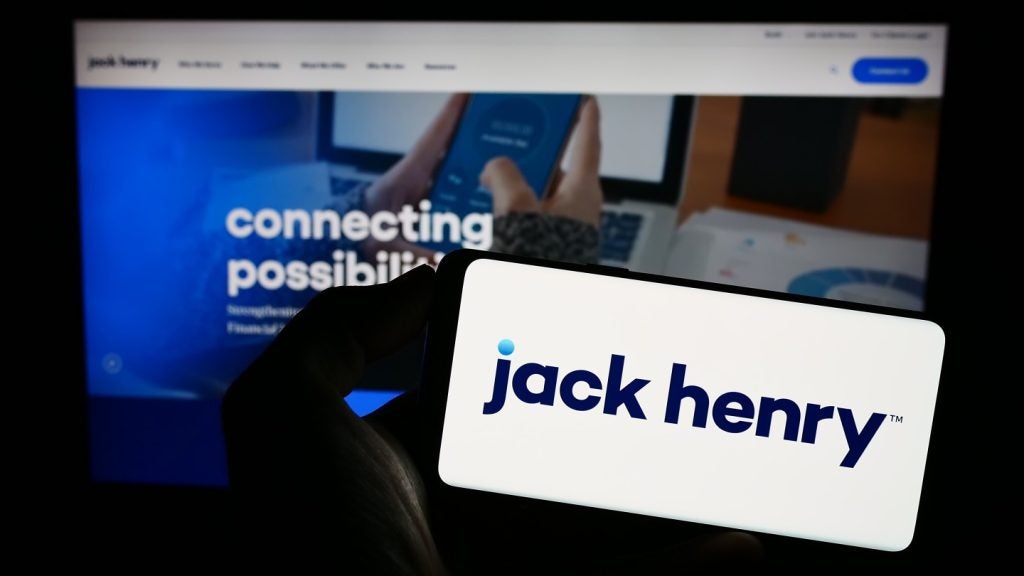
Paul Christensen, chief executive at London-based fintech Previse, has been solving big-data problems for over 25 years. He writes that data sharing holds the key to cracking the slow payments problem.
In the recent Kalifa review – designed to examine the UK’s fintech landscape and outline measures to support its steady growth – one of the recommendations was to continue building out the current Open Banking environment.
This is in response to greater customer centricity driving demand for more personalised products and services, which transcend the traditional bank-to-customer relationship.
However, the promise of data sharing as seen through Open Banking, can and should be applied to B2B payments. At present, the world of B2B payments is positively archaic when compared with B2C. While B2C payments have benefitted immensely from the rise in customer centricity, B2B has not.
With the Kalifa review putting Open Banking on the government’s agenda, there is an opportunity to harness the data sharing revolution and apply that to the chronic problem of slow payments, which plagues so many businesses.
Sizing up the scale and scope of the issue
Many of the issues that have tipped small businesses over the brink in the past year are chronic pain points which pre-date the pandemic.
How well do you really know your competitors?
Access the most comprehensive Company Profiles on the market, powered by GlobalData. Save hours of research. Gain competitive edge.

Thank you!
Your download email will arrive shortly
Not ready to buy yet? Download a free sample
We are confident about the unique quality of our Company Profiles. However, we want you to make the most beneficial decision for your business, so we offer a free sample that you can download by submitting the below form
By GlobalDataSlow payment of suppliers is a major one, but it is also one that can be solved. Suppliers to a large buyer often have to wait and chase for weeks or months to get paid, which results in real financial strain.
To put the scale of the issue into perspective, it is estimated that as of January this year, UK SMEs are chasing £50 billion in late payments. This slow payment problem causes 50,000 SMEs go out of business every year, taking with them jobs and investment which are needed more than ever at this current time.
Despite this, payment terms range from 30 to 90 days and slow payments is a persistent, chronic issue. For some suppliers, their payment terms have even lengthened during the pandemic, increasing the pressure that they are facing. Government-led measures to address the problem, such as the Prompt Payment Code, can be limited in their efficacy, since being a signatory to the scheme is entirely voluntary.
What is needed is a technology-led solution that can deliver scalable, smart liquidity to every small business.
An AI-enabled solution
Advances in machine learning make it possible for every supplier – no matter how small – to be paid instantly – on day-1.
The true risk in the payments chain is the small number of problematic invoices which will not get paid. If those risky invoices can be identified with precision, they can be routed out at an early stage.
This leaves the remaining bulk of ‘good’ invoices, those which are highly likely to be fulfilled by the buyer. These invoices can be paid immediately by a funder in confidence, at very attractive financing rates.
All of this can be determined almost instantaneously using AI.
Using hundreds of millions of data points, it is possible to create an independent score of probability of the invoice ultimately being settled.
Funding can then be extended to the suppliers instantly, without having to wait for the buyer’s approval of the invoice.
Given that this approach does not require any assessment of the creditworthiness or strength of the SME supplier, but looks purely at the probability an invoice is good and payment will be met, it is a completely scalable solution which can be applied to even the smallest supplier
Data holds the key
Despite the immense promise technology can bring to solving slow payments, it is not useful on its own.
Fintechs need access to the ERP data of large corporates, so that their algorithms can assess payment patterns and unlock instant payment for suppliers.
Banks have an important part to play in this cycle, too, and can change financial markets for the better. By helping SMEs to access cash locked in the working capital cycle as early as possible, businesses can trade from a stronger position.
Data makes it possible for a business to access cash as soon as their invoice is issued, removing the wait for lengthy payment terms and the uncertainty of whether the payment will be made on time.
This route to approaching sustainable finance is also another way for banks to put their money where their mouth is when it comes to fulfilling ESG commitments. It’s a financing solution which is sustainable and beneficial for all parties.
B2B payments are crying out for the benefits open data can bring. The Kalifa review is the prompt needed to apply data sharing beyond open banking to become open finance.
Bringing banks, corporates and fintechs together through the smart use of data is an easy way to enable financial inclusion that might just save Britain’s 6 million SMEs.







